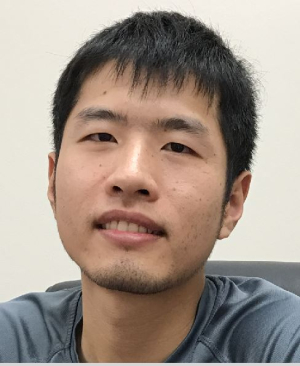Of all the concepts that a Ph.D. candidate in biomedical engineering has to grasp, grasping is at the top.
“Grasping is one of the most important hand movements performed in daily life and a hand neuroprosthetic should be able to achieve this function with high accuracy,” said Tianxiao Jiang, whose research paper on hand flexing was selected as a best paper at BRAININFO, the First International Conference on Neuroscience and Cognitive Brain Information held in Barcelona, Spain.
Jiang studies under the direction of Nuri Ince, assistant professor of biomedical engineering at the Cullen College. In the paper “Classification of Hand Flexion/Extension Using High-density ECoG,” Jiang writes of studying the small, high-density electrocorticogram (ECoG), designed by Ince. It collects much more information during brain surgery than standard clinical electrodes.
Jiang attended multiple brain surgeries at MD Anderson hospital to understand what the ECoG records when a patient moves his hand, on command, during procedures in which patients remain awake. Then Jiang split and annotated the collected data recorded when the patient was opening or closing his hand at a certain time. Using an algorithm called “common spatial pattern,” Jiang was able to decode the brain wave patterns and determines when the hand flexes and bends with high accuracy.
In other words, he knows the math that makes you move your hands.
With that knowledge in hand, Jiang can one day program future ECoGs with the algorithm to create neuro-hand prosthetics that will integrate into bodies as smoothly as natural limbs. He says they will move just because you think of having them do so.
“We found that the high density ECoGs can be a promising way to control prosthetics and that can help paralyzed patients regain crucial daily hand functions,” said Jiang.
Jiang has set a high bar for the first such brain conference, almost single-handedly.
